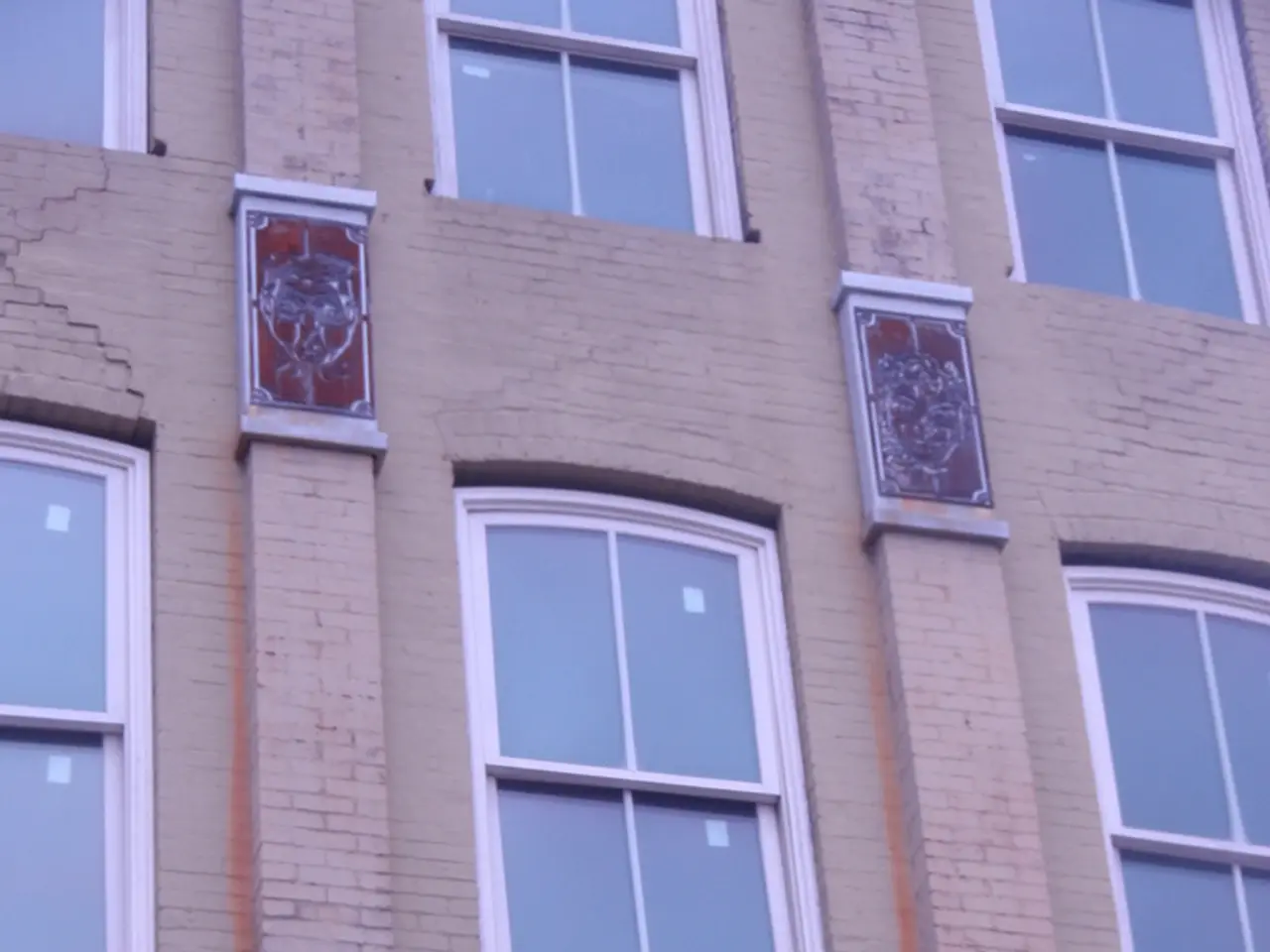Rooftop Window: What Purpose Does a Change Provide at Such Heights?
In Germany, homeowners and landlords can take advantage of various funding opportunities to replace their old and inefficient roof windows, improving living conditions and contributing to climate protection.
Roof window replacement offers numerous benefits, enhancing living comfort and increasing a home's value. Modern, energy-efficient windows provide better thermal insulation, soundproofing, and lighting, making them a significant selling point when selling a property.
One of the key advantages of new roof windows is their soundproofing capabilities, offering better shielding against external noise, particularly beneficial in urban areas. Replacing outdated windows can also help address common problems such as drafty attics, high heating costs, and dark rooms.
Condensation and mold growth on roof windows indicate poor insulation and potential health risks. By replacing these windows, homeowners can improve their living conditions, including better thermal comfort, reduced noise levels, and increased energy efficiency.
Difficulty in operating a roof window may indicate a worn-out mechanism, impairing daily comfort and posing a safety risk. Signs of necessary roof window replacement also include condensation on the inside of the window, drafts, poor insulation, and an outdated appearance.
Funding for roof window replacement in Germany primarily comes through renovation loans and energy-efficient renovation subsidies. Renovation loans, such as KfW loans, are available to property owners to finance renovations like roof insulation and window upgrades. These loans typically have lower interest rates because the property serves as collateral.
Although specific subsidies or grants for roof window replacement may not be explicitly mentioned, energy-efficient renovations—including installing or replacing roof windows with better insulation—often qualify for funding through Federal or state programs, usually handled by the KfW or BAFA. Such programs provide low-interest loans or direct grants if the upgrades improve energy efficiency significantly.
The nationwide BEG funding offers a 15% funding rate for a minimum investment volume of 2,400 euros gross for roof window replacement, benefiting both private homeowners and landlords of residential buildings. Average costs for window replacement in Germany range between around €450 to €650 per window plus labor. Roof insulation, a closely related renovation often done alongside window replacement, costs between €100 to €450 per m².
These loans and subsidies encourage thermal renovation in buildings, aiming to reduce energy consumption as part of Germany’s climate goals. It is advisable to check the latest KfW and BAFA programs for eligibility criteria and application details, as such funding is typically linked to energy-saving standards.
Investing in new roof windows can lead to long-term financial benefits, as they reduce heating costs and can potentially increase the building's value. Modern windows are often equipped with a special thermal insulation glazing that keeps rooms warm in winter and cool in summer.
By replacing outdated and damaged roof windows, homeowners can not only improve their living conditions but also contribute to climate protection and potentially receive financial relief through available funding opportunities.
Sustainable living can be enhanced by replacing old roof windows, as this not only improves home-and-garden aesthetics but also provides better energy efficiency, soundproofing, and thermal comfort. Homeowners in Germany can take advantage of funding opportunities, such as renovation loans and energy-efficient renovation subsidies, to finance these replacements, contributing to climate protection and reducing energy consumption.



